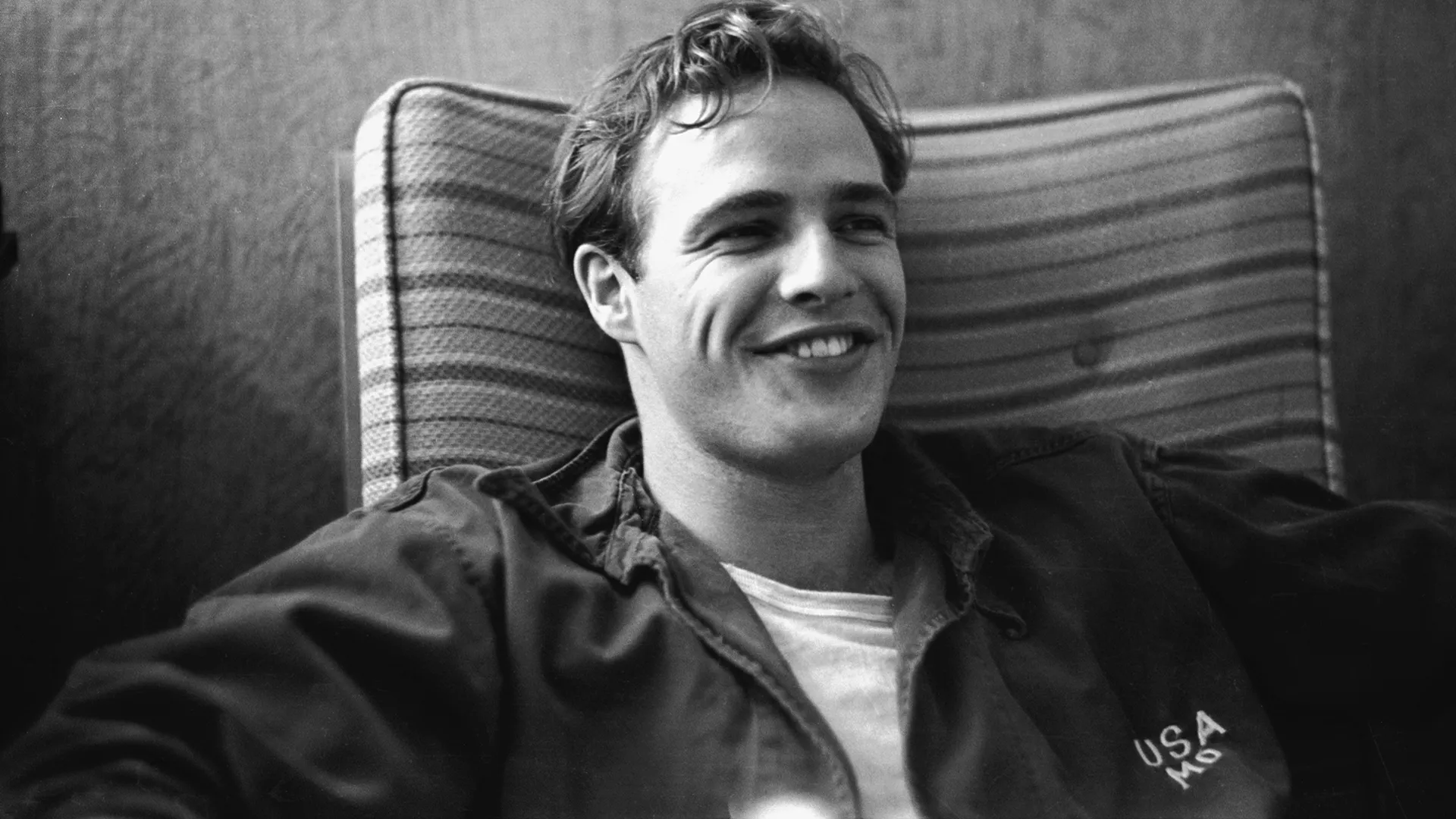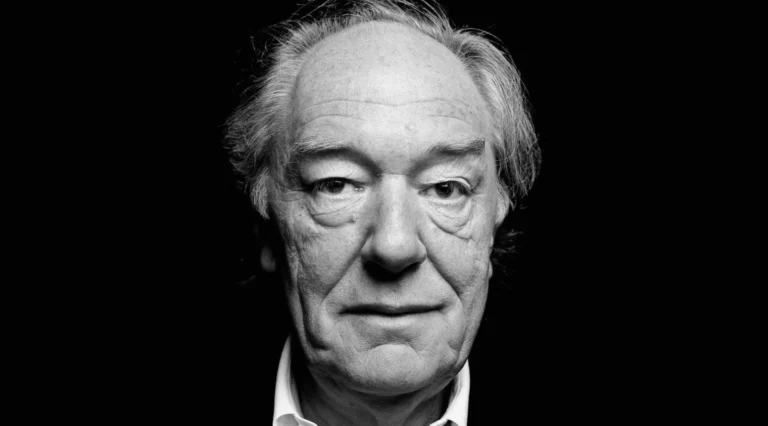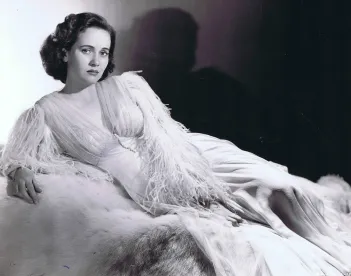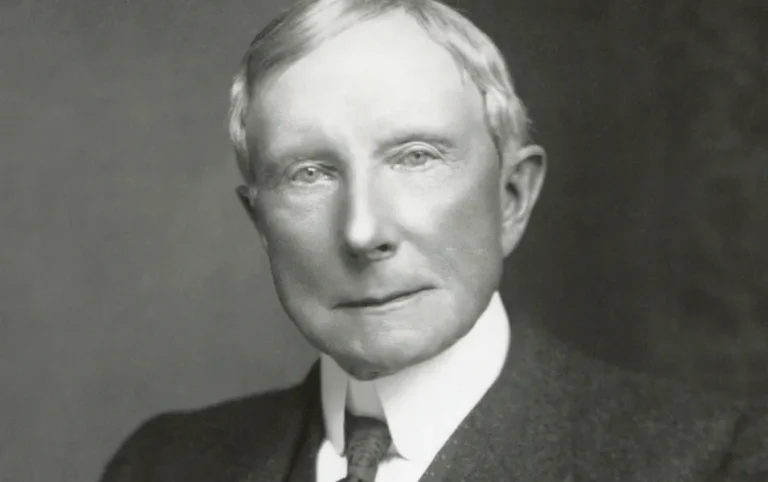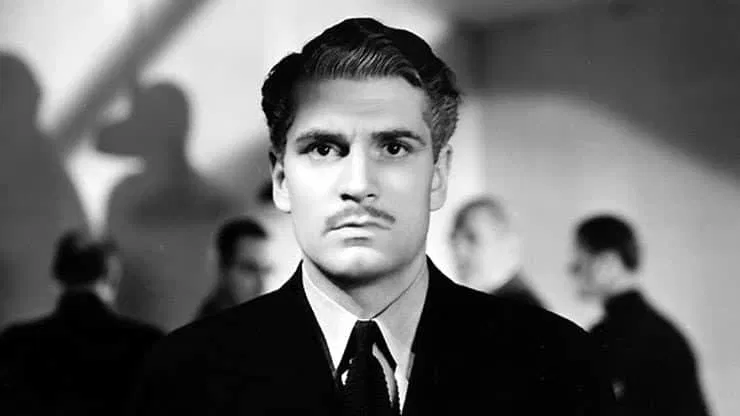Marlon Brando: Exploring the Life and Legacy of Hollywood’s Most Revolutionary Actor
Marlon Brando, a name synonymous with groundbreaking acting and transformative performances, is one of Hollywood’s most influential figures. His career, marked by dramatic roles and intense dedication to his craft, redefined the standards of acting and left an indelible mark on cinema. Let’s delve into some fascinating facts about Marlon Brando, exploring his extraordinary life and career.
Early Life and Theatrical Beginnings
Marlon Brando was born on April 3, 1924, in Omaha, Nebraska. Raised in a family with a background in acting, Brando’s path to stardom began in the theater. He studied at the Actors Studio in New York, where he trained under the guidance of Lee Strasberg, a key figure in the development of Method Acting. Brando’s early stage work laid the foundation for his revolutionary approach to film acting.Marlon Brando in his early theater days, showcasing the raw talent that would later revolutionize film acting.
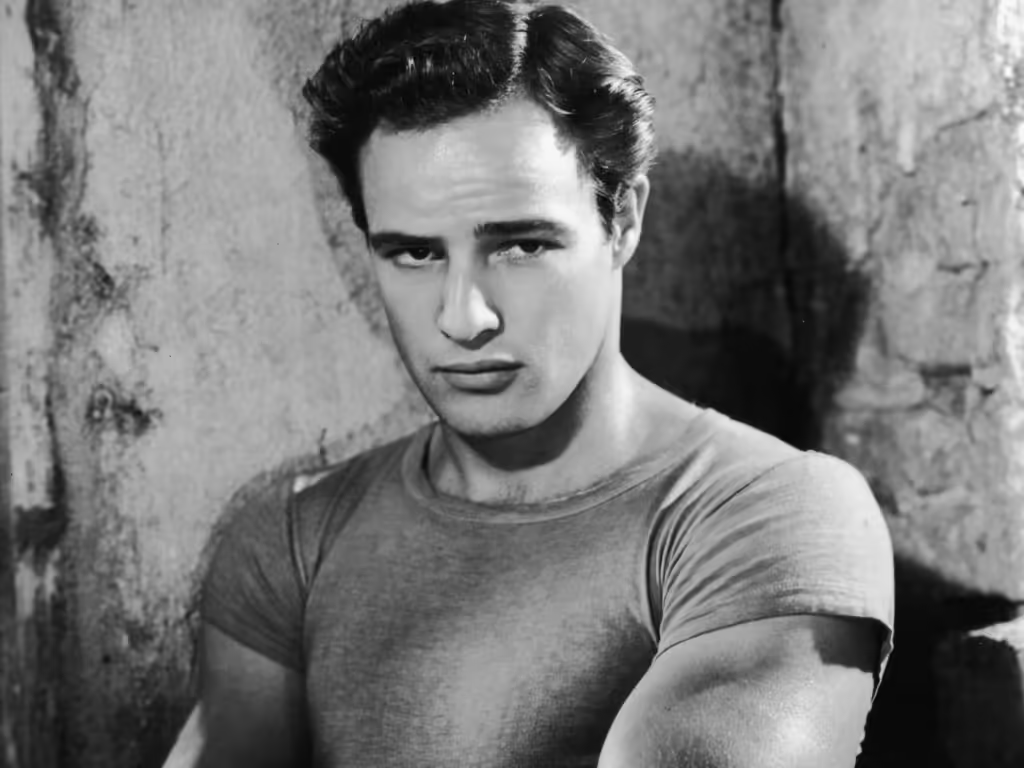
The Breakthrough Role: A Streetcar Named Desire
Brando’s breakthrough came with his role in the stage and film adaptations of Tennessee Williams’ A Streetcar Named Desire (1951). His portrayal of Stanley Kowalski was a game-changer, introducing audiences to his intense, emotionally raw style of acting. This role earned him widespread acclaim and established him as a major force in Hollywood.
Revolutionary Acting Style
Marlon Brando is credited with bringing a new level of realism and intensity to film acting. His use of Method Acting, which emphasizes emotional authenticity and deep connection to the character, set a new standard for performances. Brando’s approach was not just innovative; it was transformative, influencing countless actors and shaping the future of cinema.
Iconic Roles and Awards
Throughout his career, Brando delivered a series of iconic performances that showcased his incredible range and depth as an actor:
- The Godfather (1972): Brando’s portrayal of Vito Corleone is legendary, earning him an Academy Award for Best Actor. His performance remains one of the most celebrated in film history.
- On the Waterfront (1954): In this film, Brando’s role as Terry Malloy earned him another Academy Award, highlighting his ability to convey complex emotional struggles.
Marlon Brando as Vito Corleone in “The Godfather,” a role that solidified his status as one of the greatest actors of all time.
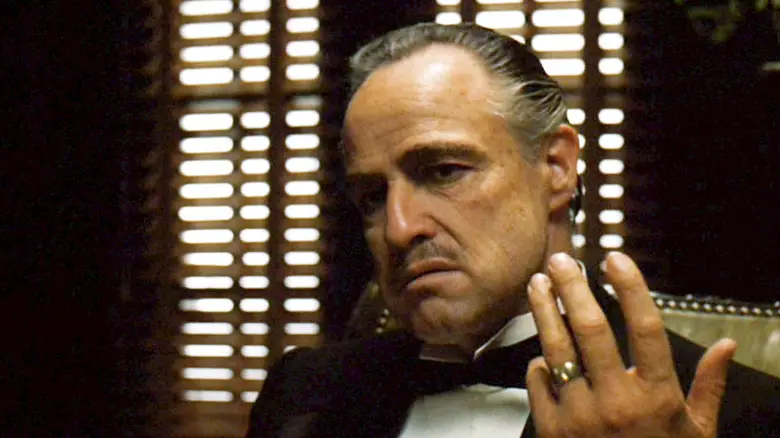
Advocacy and Controversies
Beyond his acting career, Brando was known for his activism and outspoken nature. He was a vocal advocate for Native American rights and took a stand against racial injustice. His refusal to accept his Academy Award for The Godfather in protest of Hollywood’s portrayal of Native Americans was a notable act of political protest.
Later Years and Legacy
In his later years, Brando’s career was marked by a series of varied roles, including a return to critically acclaimed work with films such as Apocalypse Now (1979). Despite a turbulent personal life and professional ups and downs, Brando’s impact on film and acting remains profound. His innovative techniques and powerful performances have left an enduring legacy that continues to inspire actors and filmmakers.
Conclusion
Marlon Brando’s life and career are a testament to his extraordinary talent and influence in Hollywood. From his revolutionary approach to acting to his iconic roles and activism, Brando’s contributions to cinema and society are both significant and enduring. His legacy as a groundbreaking actor and cultural figure continues to captivate and inspire new generations.
